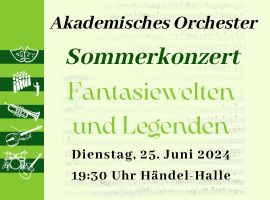Allgemeine Informationen
| Veranstaltungsname | Übung: The debate on orthodoxy and heterodoxy in 16th and 17th century |
| Semester | WS 2017/18 |
| Aktuelle Anzahl der Teilnehmenden | 0 |
| Heimat-Einrichtung | Theologische Fakultät |
| Veranstaltungstyp | Übung in der Kategorie Offizielle Lehrveranstaltungen |
| Erster Termin | Donnerstag, 12.10.2017 16:15 - 17:45 |
| Studiengänge (für) | KE/D: BM KG, AM KG |
